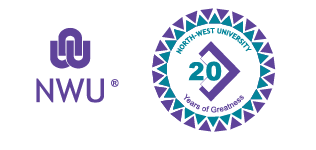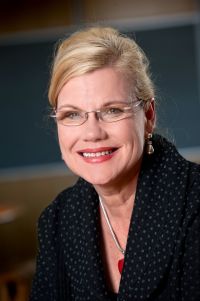 NEWSLETTER ISSUE #3/2017
NEWSLETTER ISSUE #3/2017
|
Welcome from Prof Wilma Viviers, director of TRADE
Undoubtedly, 2016 will be remembered as a tumultuous year – not only for South Africa but for the world as a whole. The Brexit vote and Donald Trump’s successful bid for the White House – two startling events that even the most seasoned analysts did not seriously foresee – are vivid reminders that we have entered an era of great political and economic change and uncertainty. Although protectionism is seeing a revival and longstanding alliances like the European Union are being tested, South Africa is still very much part of the world and decision makers in this country need to be mindful of this when making political and economic choices. Against this backdrop, the TRADE research entity at the North-West University has been busy promoting enquiry into the many themes topping global and regional economic and trade agendas, including what South Africa can learn from (and contribute to) other countries’ development efforts. In this (our third) newsletter, we bring you some of the highlights from TRADE’s work programme over the last few months. At TRADE, we recognise the value of partnerships in delivering more insightful and relevant research outputs. In this regard, we have been collaborating with national government, provincial authorities, fellow research entities, and international organisations (including the WTO, UNCTAD, ICTSD and UNDP) in a range of research initiatives aimed at informing policies on industrialisation, export promotion, regional integration, trade facilitation, services trade and gender issues. We have also been working closely with some of the provincial authorities in South Africa on a range of economic and/or export development projects. These include determining the feasibility of establishing a Special Economic Zone (SEZ) in Mahikeng in the North West Province and developing an integrated trade and investment promotion strategy for Mpumalanga. Moreover, we have tweaked our Master’s and PhD programmes, offering additional learning opportunities to students and providing new forms of support to enhance their study experience. While our postgraduate students have been honing their skills, so too have our staff – via training programmes, conference participation, and exposure to a number of local and international experts who have generously shared their knowledge and wisdom with our team. I hope you enjoy the newsletter. Please contact me if you would like to explore how we may assist you in your international trade development efforts. All the best  |
|
Welcome from Prof Wilma Viviers, director of TRADE
Archive newsletters |

